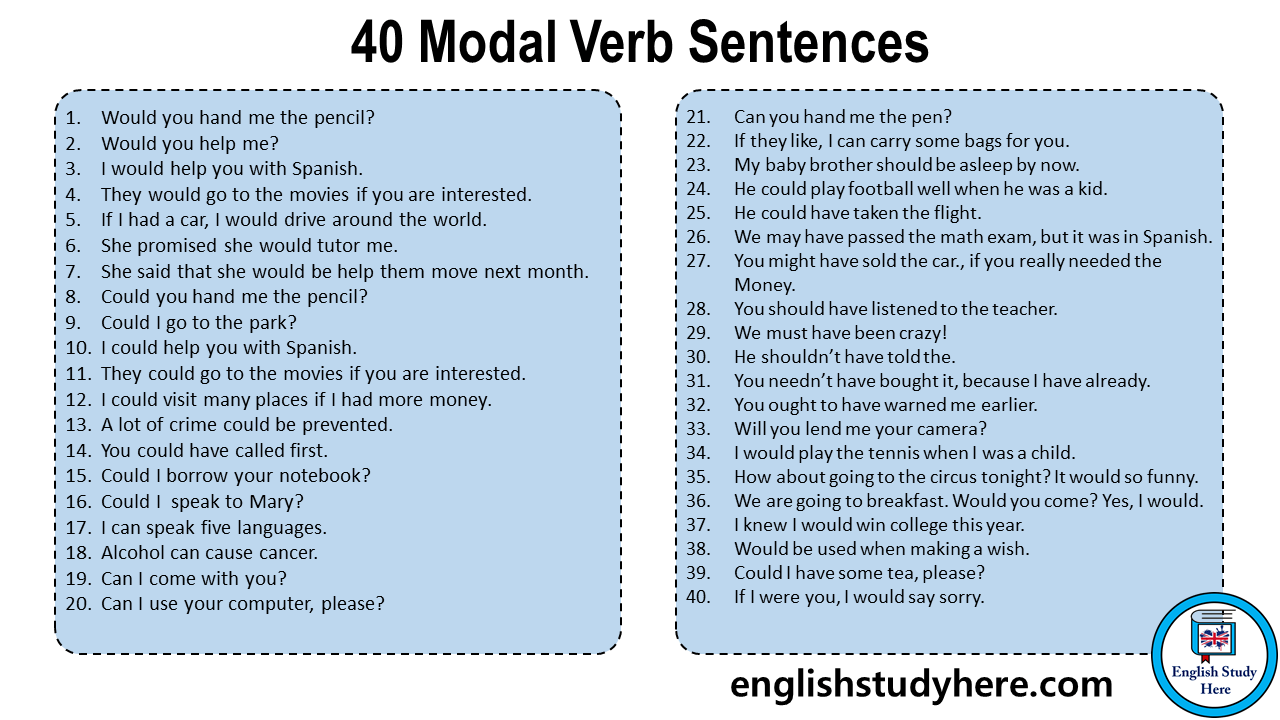Modal verbs play a crucial role in the English language, adding nuance and depth to the way we express ourselves. These verbs, such as can, could, will, would, may, might, shall, should, must, and ought to, help convey different shades of meaning and indicate the speaker’s attitude towards the action being discussed.
Modal verbs also help to express possibility, necessity, permission, ability, and obligation. They allow us to communicate with precision and clarity, making our language more effective and engaging. Understanding how to use modal verbs correctly is essential for mastering the nuances of English grammar.
Modal Verbs in English
One of the most common modal verbs in English is ‘can’, which is used to express ability, possibility, or permission. For example, “I can speak Spanish fluently” indicates ability, while “Can I go to the party?” asks for permission. Similarly, ‘must’ is used to express necessity or strong obligation, as in “You must submit your assignment by Friday.”
Another important modal verb is ‘should’, which is used to give advice, make recommendations, or express obligation. For instance, “You should eat more fruits and vegetables for a healthy diet” offers advice, while “Students should follow the rules of the school” indicates obligation. ‘Would’ is often used to express hypothetical situations, politeness, or requests, such as “I would help you if I could” or “Would you mind opening the window?”
Modal verbs can also be used in combination with other verbs to create different meanings. For example, ‘might’ + ‘be’ can indicate a possibility, as in “It might be raining tomorrow.” Similarly, ‘will’ + ‘have’ can express future obligation or necessity, as in “I will have finished my project by next week.”
Overall, mastering the use of modal verbs is essential for becoming a proficient English speaker. By understanding the nuances of these verbs and how they can be used to convey different meanings, you can enhance your communication skills and express yourself more effectively in both spoken and written English.
In conclusion, modal verbs are a vital component of the English language, allowing us to convey nuances of meaning, express attitudes, and communicate with precision. By learning how to use modal verbs correctly, you can improve your grammar skills and enhance your ability to express yourself in a variety of contexts. So, next time you’re speaking or writing in English, remember the importance of modal verbs and how they can elevate your language skills.
